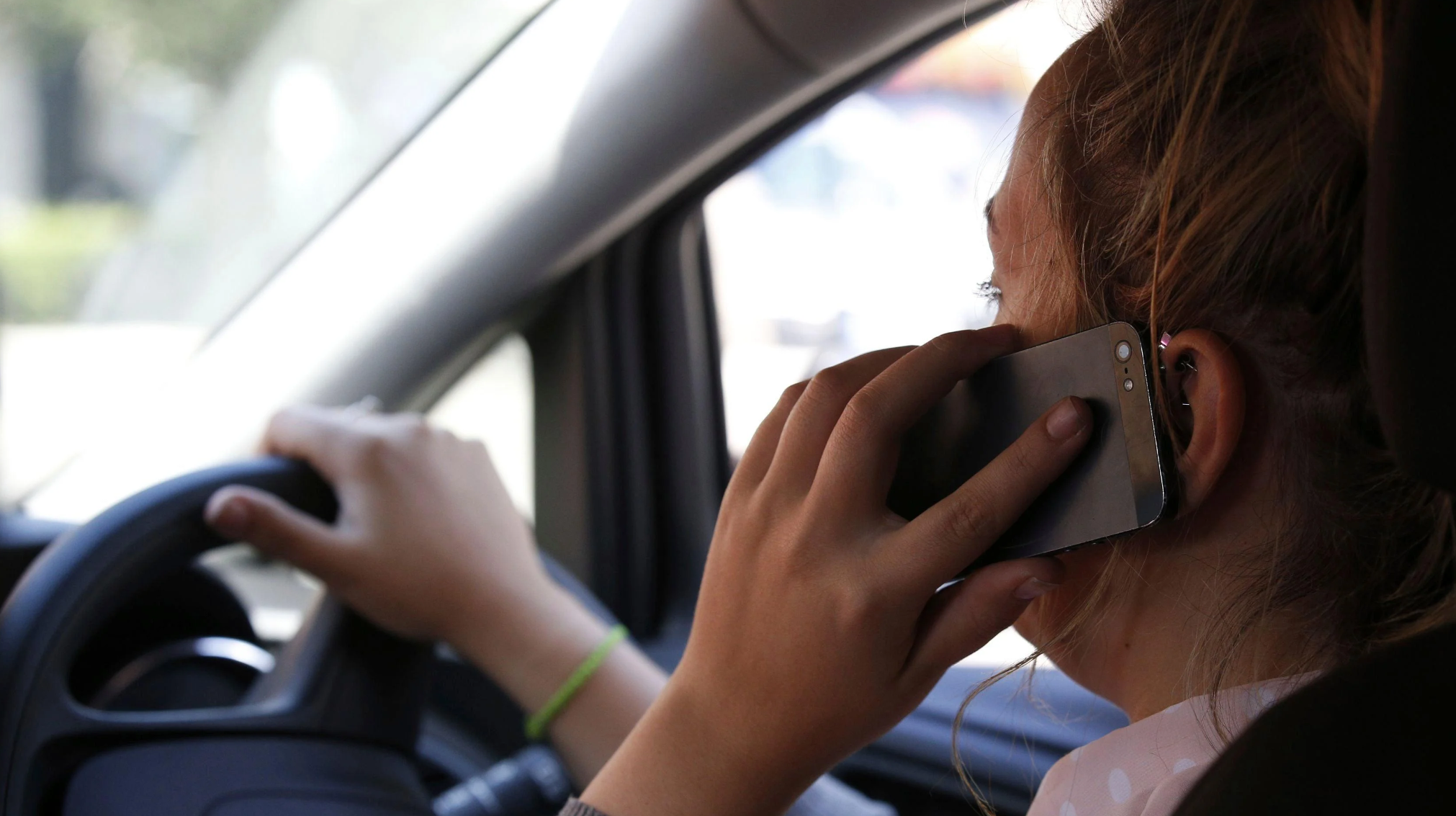Cell Phone Tracking And Cameras May Soon Help Cops Issue Distracted Driver Tickets
Speeding and red light cameras may soon be joined by distracted driving cameras
New data suggests that municipalities can use current telematics technologies in conjunction with roadside cameras to determine whether you're driving distracted, according to a pair of studies by the Insurance Institute for Highway Safety. Not only can you be observed driving distracted, but this automated system can then issue an automated ticket for the infraction, if such a system were to be instituted. The long arm of Big Brother is coming to hang up your phone for you.
"One of the challenging aspects of combating cellphone-related distraction is the absence of good information about where, when and how drivers are using their phones," IIHS President David Harkey said. "Roadside cameras and telematics could help fill in the gaps, improving our understanding of how cellphones affect crash risk."
Current IIHS data is taken through the use of human observers stationed at intersections, tracking how many drivers are using their phones. This is flawed data, because it doesn't track how often drivers are actually looking at their phones while in motion. Which is where the roadside cameras come in. These observation devices allow IIHS to track driver habits without posting a human alongside a busy highway.
Telematics data researchers Cambridge Mobile Telematics has worked with IIHS to track volunteers data and compare it to national averages. The new information from this study proves that phone-to-ear conversations are declining, but drivers swiping through apps or texting is on the rise. Drivers tracked for the study browsed their phones during about one-third of their trips, and made phone calls on about 3.5 percent of their drives. The data also suggests that the average driver is using their phone for approximately three percent of their total travel time.
It is estimated that around 3,000 people die every year because of distracted drivers, and around 360,000 additional injured. Often it is the driver putting themselves at risk, as distracted driving-related crashes account for around nine percent of all fatal motor vehicle collisions on U.S. roads. Just shy of 1000 of the fatally-involved are nonoccupant pedestrians and cyclists. Curbing distracted driving can literally save thousands of lives and hundreds of thousands of hospital visits.
The testing done by IIHS proves that the observers using roadside cameras were nearly as accurate as on-site observers when it comes to determining if a driver was driving distracted. This makes it much easier to issue a ticket for not paying attention, as police officers won't need to stand on the side of busy roads to observe them with their own eyes. This pretty much cements my opinion that this kind of driver observation system is soon going to be rolled out to American roads.
Americans just can't seem to take driving seriously and put down their cell phones. With in-car driver monitoring becoming more widespread, hopefully things are beginning to change, but I don't hold much hope. Because distracted driving is as prevalent now as it is, states are looking for ways to get the message across.
If we aren't careful, Johnny Law could soon be mailing out tickets from their automated camera and telematics systems. Hang up the phone, man.
